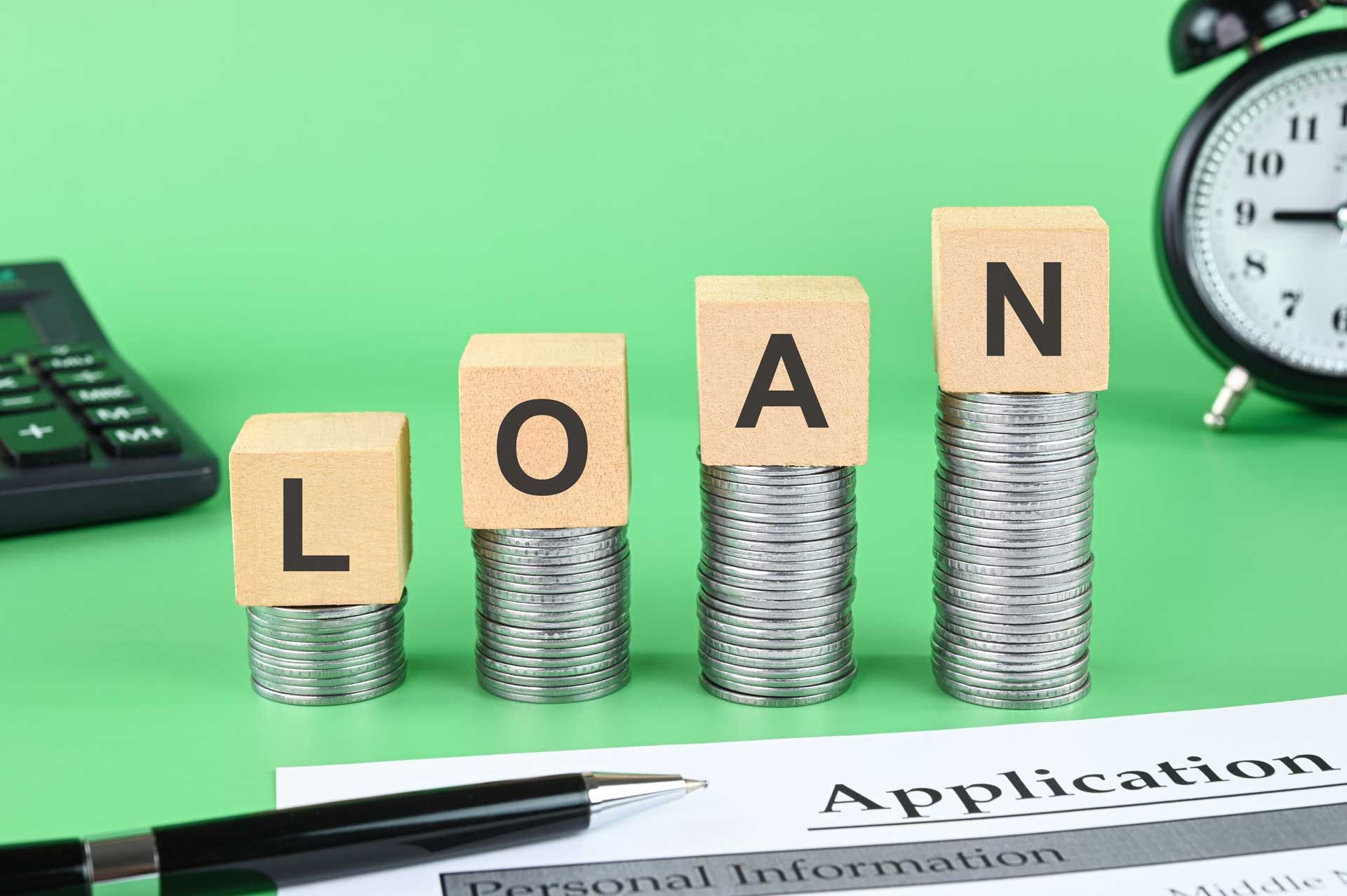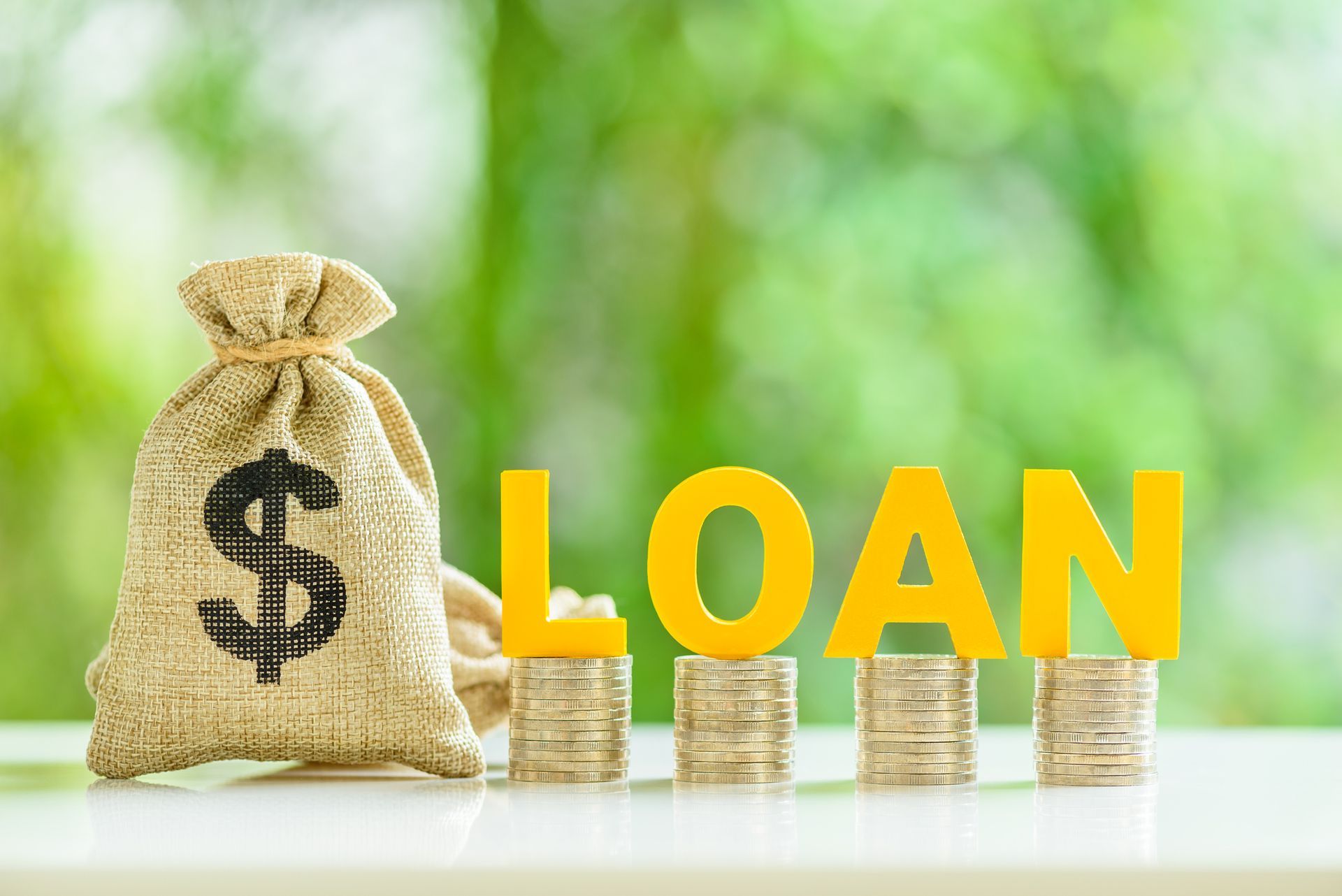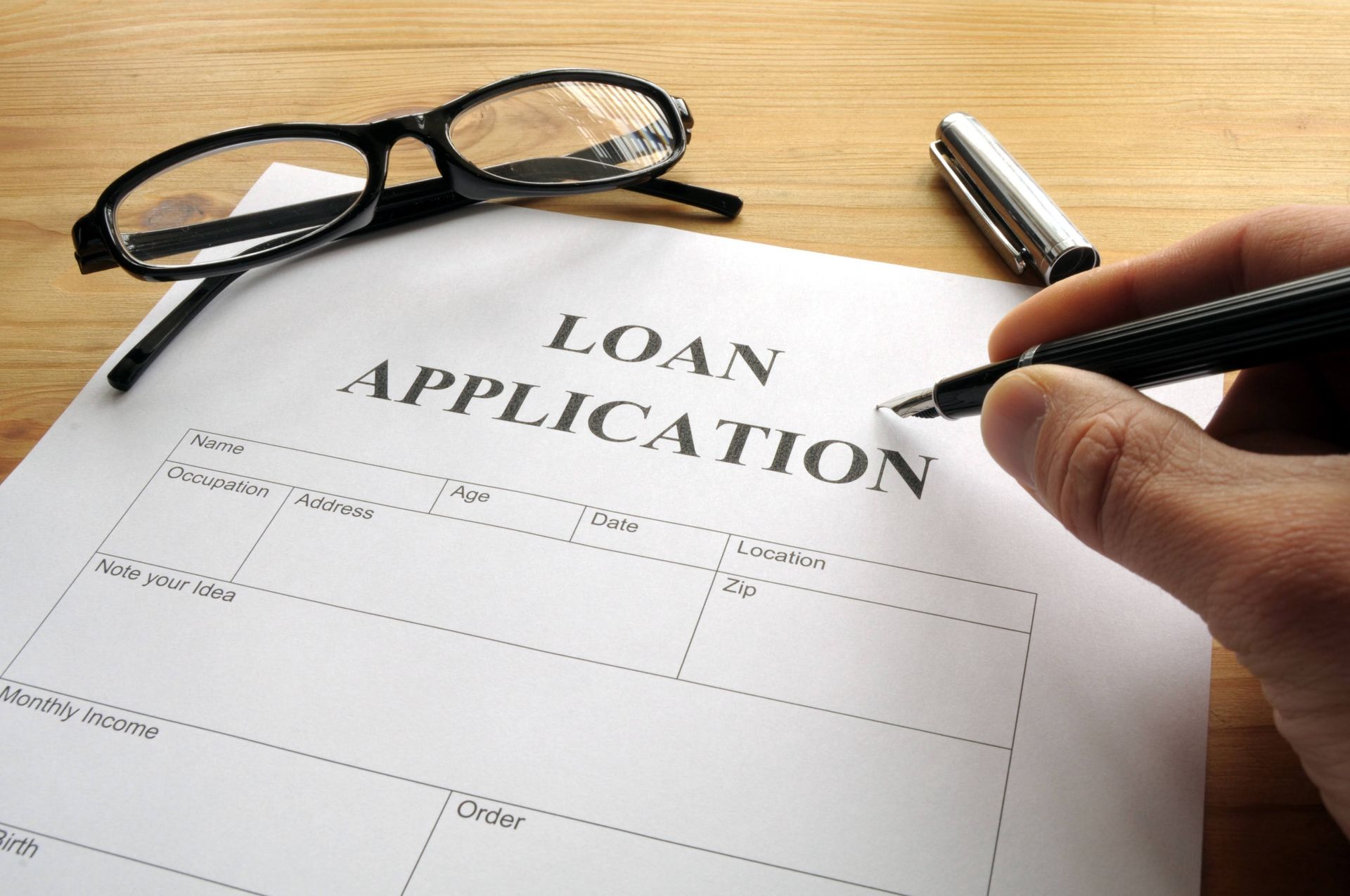Common Personal Loan Myths Dispelled
A range of situations may necessitate the need for a personal loan. For example, personal loans can be helpful if you wish to consolidate debt, finance a large purchase, or cover an unexpected expense. But with so many options and potential terms available, you may not know where to start.
Personal loan myths can further complicate the process and may dissuade you from applying for one. This blog debunks common personal loan myths to help you make the right choice.
Personal Loans Are Only for People With Good Credit
Just because you don't qualify for a prime loan doesn't mean you can't get a personal loan. Personal loans aim to help various borrowers, including those with bruised or bad credit.
Having bruised or bad credit does not mean that you will not qualify for a loan, but it will likely affect the amount you are able to borrow and with some lenders, the interest rate.
Your lender will likely consider other aspects such as your employment history, current income, and other debts you may have before making a decision. Personal loans can be a viable option for borrowers with bad credit.
Personal Loans Are Only for Employed People
Some individuals assume that only people earning a regular salary can apply for personal loans. However, personal loans are open to a range of employment types, including those who are self-employed.
The lender considers your ability to repay the loan, regardless of your employment status. Therefore, the lender will ask for documentation to support your income and employment situation. But as long as you can show a regular income stream, you can qualify for a personal loan.
Personal Loans Are Only for Short-Term Needs
You can use personal loans for short-term needs. But you can also use the funds for longer-term financing. For example, an amortized personal loan may be a good option for large purchases that you need to spread out over time.
Amortized personal loans allow you to make payments in equal installments over the life of the loan. This type of loan may have a fixed interest rate, meaning each payment covers both the principal and the interests. As such, you may take out long-term loans without worrying about interest accumulation.
Personal Loans Are Secured
Perhaps you haven't applied for a personal loan yet because you think the loan will be secured against your home, car, or other assets. But that's not usually the case.
Personal loans are often unsecured. A secured loan requires collateral, which the lender can take if you default on your payments. An unsecured loan doesn't require any collateral but could come with a higher interest rate.
If you have no assets to use as collateral, an unsecured personal loan may be your best option. But, again, look for a reputable lender that offers reasonable interest rates and terms.
Personal Loans Feature High-Interest Rates
Personal loan interest rates will vary depending on the lender, creditworthiness, and loan type. But personal loan rates are generally relatively low compared to other loans. For example, the average personal loan interest rate is between 10% and 28%, which is lower than some loans.
A good credit score may help you qualify for a lower interest rate, saving you money in the long run. On the other hand, if you have bad credit, you may still be able to qualify for a personal loan but expect a higher interest rate.
Now that you can differentiate personal loan myths from facts, you can feel more confident about applying for one. If you feel that these loans are suitable for you, contact us or visit our website at Ardmore Finance for an amortized personal loan. We offer competitive interest rates and terms to help you meet your financial needs.









